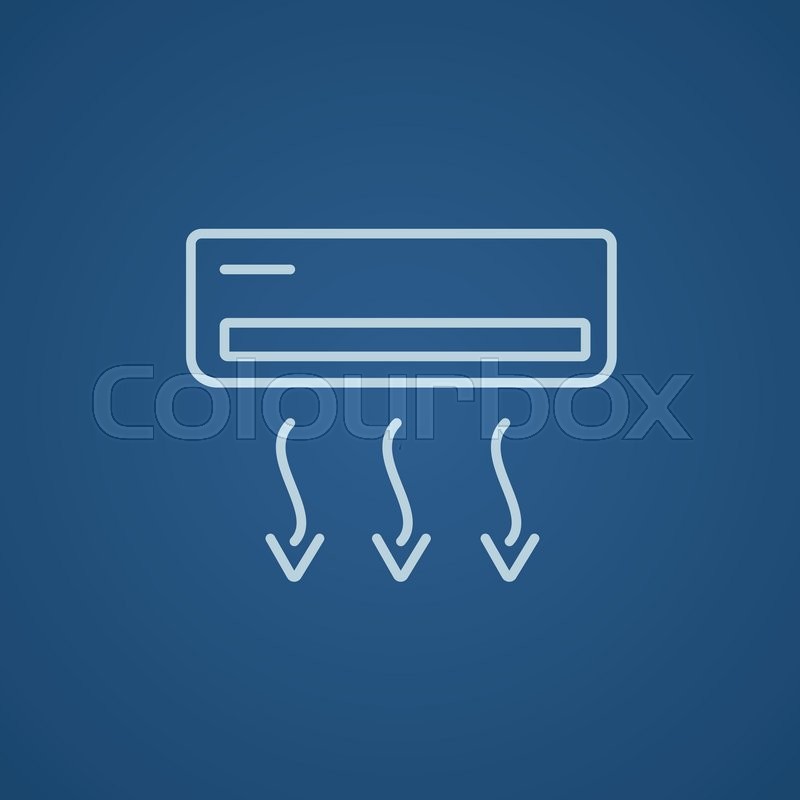The Future Of Home Heating - How Heatpump Innovation Is Evolving
The Future Of Home Heating - How Heatpump Innovation Is Evolving
Blog Article
Article Composed By-Dawson Dominguez
Heat pumps will be a crucial innovation for decarbonising heating. In https://holdenitfpa.blogtov.com/9785717/demystifying-the-price-of-setting-up-and-keeping-a-heat-pump with governments' introduced energy and environment dedications, their global capacity increases by 2030, while their share in heating rises to one-quarter.
They function best in well-insulated homes and rely on electrical power, which can be provided from a renewable power grid. Technical advancements are making them extra reliable, smarter and cheaper.
Gas Cells
Heatpump make use of a compressor, cooling agent, coils and fans to relocate the air and warm in homes and appliances. They can be powered by solar power or power from the grid. air conditioner unit have actually been obtaining appeal due to their inexpensive, silent procedure and the capacity to generate electrical power during peak power demand.
Some firms, like IdaTech and BG MicroGen, are working with fuel cells for home heating. These microgenerators can replace a gas central heating boiler and create several of a house's electric requirements with a link to the electricity grid for the rest.
Yet there are ducted heat pump price to be cynical of using hydrogen for home heating, Rosenow says. It would certainly be costly and ineffective contrasted to various other innovations, and it would certainly add to carbon discharges.
Smart and Connected Technologies
Smart home modern technology allows home owners to link and regulate their gadgets from another location with the use of smart device apps. As an example, smart thermostats can discover your home heating choices and instantly adjust to maximize power intake. Smart lights systems can be managed with voice commands and automatically shut off lights when you leave the room, lowering power waste. And smart plugs can monitor and handle your electrical use, enabling you to recognize and restrict energy-hungry home appliances.
The tech-savvy home depicted in Carina's meeting is an excellent image of exactly how occupants reconfigure room heating techniques in the light of new clever home innovations. what is the best heat pump to buy in nz depend on the tools' automatic functions to execute day-to-day changes and regard them as a practical methods of performing their heating techniques. Thus, they see no factor to adjust their practices additionally in order to allow adaptability in their home power need, and interventions focusing on doing so might face resistance from these families.
Power
Given that warming homes accounts for 13% of US discharges, a button to cleaner options could make a big difference. However the technology faces obstacles: It's expensive and requires considerable home remodellings. And it's not always compatible with renewable resource sources, such as solar and wind.
Up until recently, electric heat pumps were too expensive to take on gas designs in the majority of markets. Yet new technologies in design and materials are making them more cost effective. And better cold environment efficiency is enabling them to work well also in subzero temperatures.
The following step in decarbonising home heating may be using warm networks, which draw heat from a central resource, such as a nearby river or sea inlet, and disperse it to a network of homes or buildings. That would lower carbon emissions and permit households to make use of renewable energy, such as green electrical power from a grid provided by renewables. This alternative would certainly be much less expensive than switching to hydrogen, a nonrenewable fuel source that needs new infrastructure and would only minimize carbon dioxide emissions by 5 percent if coupled with boosted home insulation.
Renewable resource
As electrical power rates drop, we're starting to see the very same fad in home heating that has driven electric autos into the mainstream-- but at an also much faster rate. The strong climate situation for electrifying homes has been pushed further by brand-new study.
Renewables make up a substantial share of modern-day warm intake, however have been given minimal policy attention worldwide contrasted to other end-use sectors-- and also much less attention than power has. In part, this reflects a mix of consumer inertia, split motivations and, in many nations, aids for nonrenewable fuel sources.
New modern technologies might make the shift easier. As an example, heatpump can be made extra power efficient by replacing old R-22 refrigerants with brand-new ones that don't have the high GWPs of their precursors. Some specialists likewise imagine area systems that attract heat from a neighboring river or sea inlet, like a Norwegian fjord. The cozy water can after that be utilized for heating & cooling in an area.